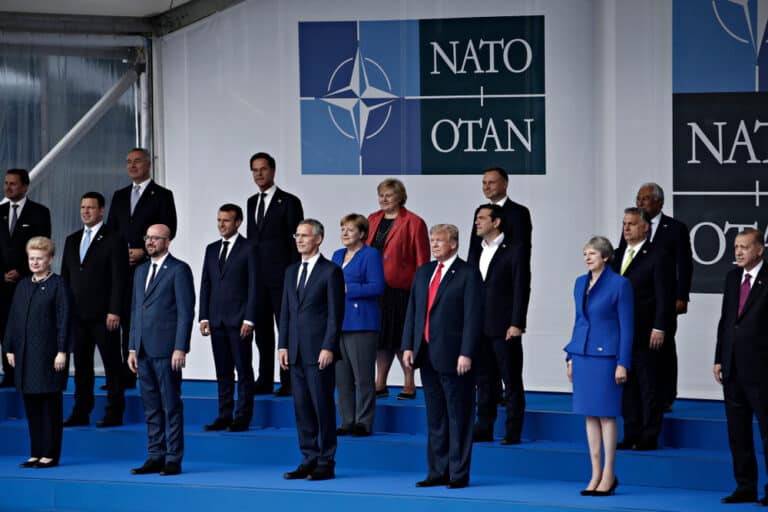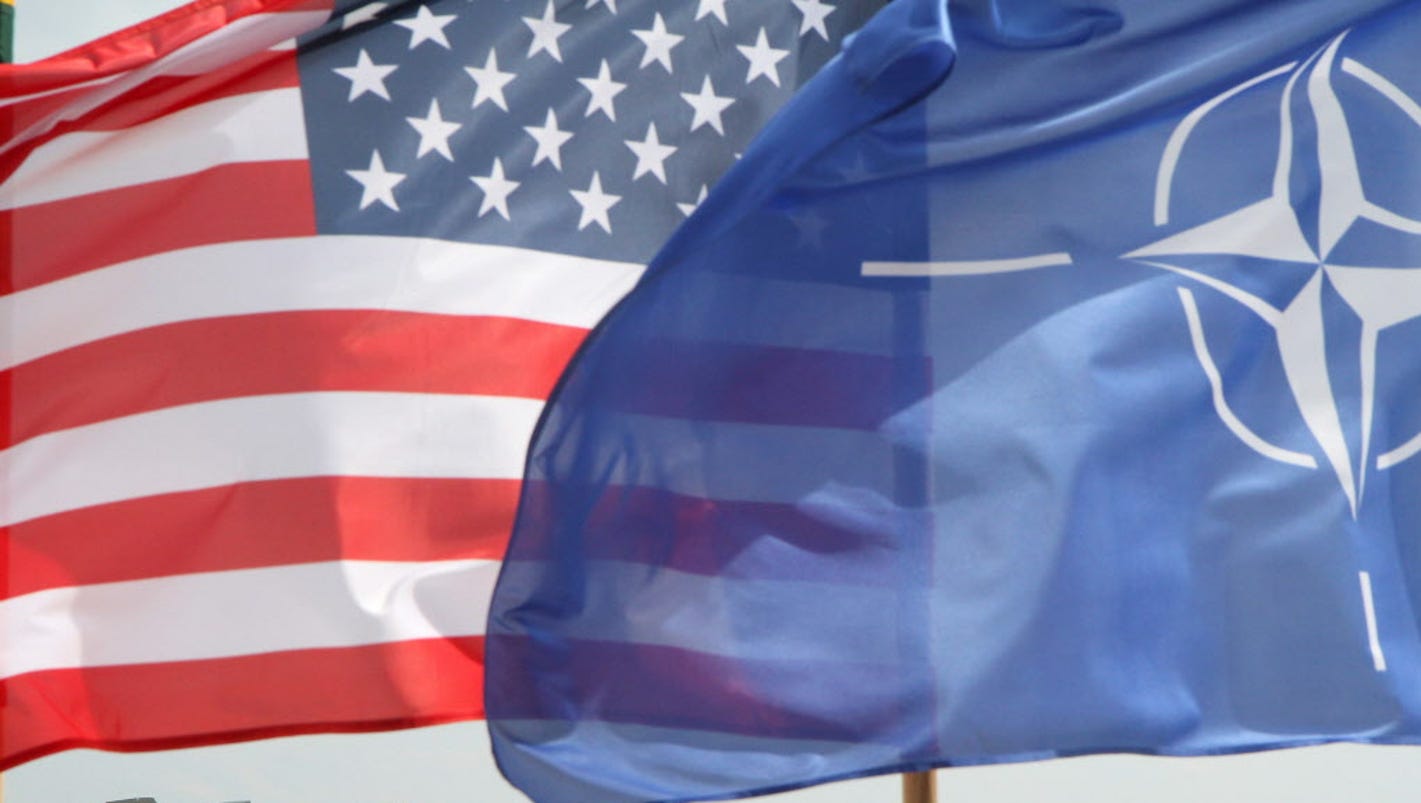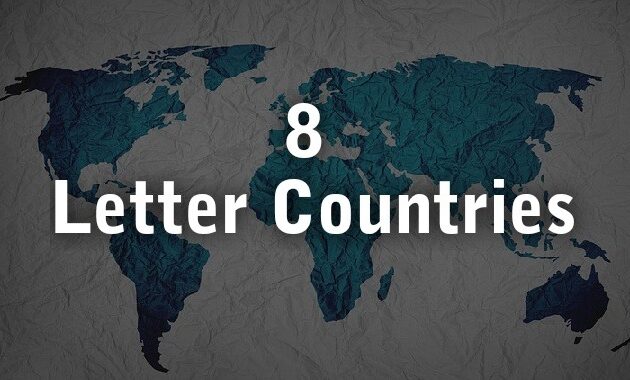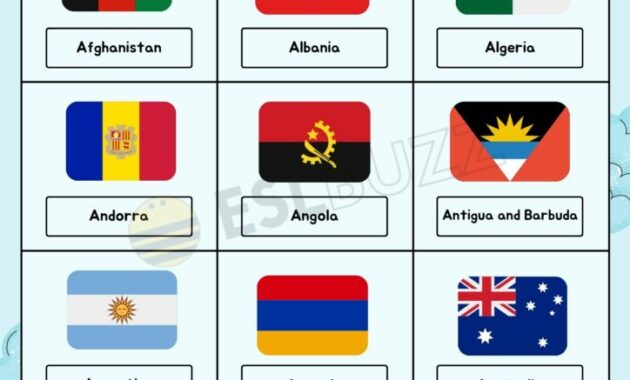The question of whether Mexico is part of the North Atlantic Treaty Organization (NATO) is a common one, arising from a general understanding of NATO’s global influence and the complex web of international alliances that shape contemporary geopolitics. While Mexico maintains diplomatic and economic relationships with many NATO member states, it’s crucial to clarify its official standing concerning the alliance.
Is Mexico Part Of NATO? (Explained)

To be unequivocally clear: Mexico is not a member of NATO. NATO, established in 1949, is a military alliance primarily composed of North American and European countries. Its foundational principle, enshrined in Article 5 of the North Atlantic Treaty, dictates that an attack on one member is considered an attack on all, obligating other members to provide assistance, including armed force if necessary. This collective defense commitment is the cornerstone of NATO’s security framework.
The geographical scope of NATO’s membership is a significant factor in understanding Mexico’s exclusion. The original treaty was designed to counter the Soviet Union’s influence in post-World War II Europe. Over time, NATO has expanded, incorporating several former Warsaw Pact countries and other European nations. However, its primary focus remains the Euro-Atlantic region. Mexico, geographically situated in North America but culturally and historically tied to Latin America, falls outside this core area of strategic interest for NATO. The very name, North Atlantic Treaty Organization, underscores its transatlantic orientation.
Furthermore, NATO membership requires meeting specific criteria, including a commitment to democracy, the rule of law, and the peaceful resolution of disputes. Candidate countries must also demonstrate their ability to contribute to the alliance’s security and stability. While Mexico maintains a democratic government and has made significant strides in strengthening its institutions, its security priorities and challenges differ substantially from those of NATO member states. Mexico’s primary security concerns revolve around combating drug trafficking, organized crime, and border security issues, which are not typically the central focus of NATO’s collective defense strategy. NATO’s focus is more geared towards deterring large-scale military aggression and maintaining stability in the Euro-Atlantic area.
Is Mexico Part Of NATO? (Explained)

While Mexico is not a full member of NATO, it’s important to acknowledge the cooperative relationships that exist between Mexico and various NATO member states. These relationships often involve collaboration on issues of mutual concern, such as counter-terrorism, cybersecurity, and disaster relief. For example, Mexico engages in information sharing and training programs with countries like the United States and Canada, both founding members of NATO. These partnerships are generally bilateral or multilateral, operating outside the formal framework of NATO’s collective security arrangements.
Mexico also participates in international forums and initiatives that align with some of NATO’s objectives, such as promoting peace and security, strengthening democratic institutions, and addressing global challenges. However, these engagements do not imply any formal affiliation with NATO or any commitment to the alliance’s collective defense obligations. Mexico maintains its own foreign policy and security strategy, guided by its national interests and its commitment to multilateralism.
The possibility of Mexico joining NATO has been discussed sporadically, but it remains a highly unlikely scenario. The political, geographical, and strategic considerations outlined above present significant obstacles. Moreover, there is limited public support within Mexico for joining NATO, as many Mexicans view the alliance as primarily focused on European security issues. Public opinion generally favors maintaining Mexico’s traditional policy of non-alignment and its focus on regional cooperation within Latin America.
Furthermore, joining NATO would likely require significant changes to Mexico’s defense posture and its relationship with other countries in Latin America. It could also raise concerns among some of Mexico’s neighbors, particularly those with historical reservations about foreign military alliances. The potential benefits of NATO membership for Mexico would need to be carefully weighed against the potential costs and risks, both domestically and internationally.
In conclusion, while Mexico maintains cooperative relationships with NATO member states on various issues, it is not a member of the alliance. Its geographical location, its security priorities, and its historical commitment to non-alignment make full membership in NATO an improbable prospect. Mexico’s focus remains on addressing its own security challenges, strengthening its regional partnerships, and contributing to global peace and security through multilateral initiatives.
It’s also worth noting the evolving nature of security alliances in the 21st century. While NATO remains a critical component of global security architecture, new forms of cooperation and partnership are emerging to address transnational threats such as terrorism, cybercrime, and climate change. Mexico is actively involved in these efforts, working with various countries and international organizations to promote a more secure and sustainable world. Its contributions in areas such as counter-narcotics efforts and disaster relief are significant and reflect its commitment to global security.
Therefore, the absence of formal NATO membership does not preclude Mexico from playing a vital role in international security cooperation. Its strategic location, its growing economy, and its commitment to democratic values make it an important partner for many countries, including those within the NATO alliance. The focus should be on fostering and strengthening these existing relationships to address shared challenges and promote mutual interests.
Finally, understanding the nuances of international relations is crucial for navigating the complexities of the modern world. While the question of whether Mexico is part of NATO may seem straightforward, the answer requires a deeper understanding of NATO’s history, its geographical scope, and the political and strategic considerations that shape its membership. By clarifying Mexico’s position vis-à-vis NATO, we can gain a more accurate perspective on the evolving landscape of global security and the diverse forms of cooperation that contribute to a more peaceful and prosperous world.
If you are searching about Is Mexico Part Of NATO? (Explained) you’ve came to the right web. We have 5 Pictures about Is Mexico Part Of NATO? (Explained) like Trump isn't always wrong on foreign policy: Column, While Trump bashes NAFTA, it’s Americanizing Mexico – The Washington Post and also Trump isn't always wrong on foreign policy: Column. Here you go:
Is Mexico Part Of NATO? (Explained)

www.thecoldwire.com
Trump Isn't Always Wrong On Foreign Policy: Column

www.usatoday.com
Is Mexico Part Of NATO? (Explained)

www.thecoldwire.com
While Trump Bashes NAFTA, It’s Americanizing Mexico – The Washington Post

www.washingtonpost.com
nafta
Is Mexico Part Of NATO? (Explained)

www.thecoldwire.com
While trump bashes nafta, it’s americanizing mexico. Is mexico part of nato? (explained). Is mexico part of nato? (explained)











